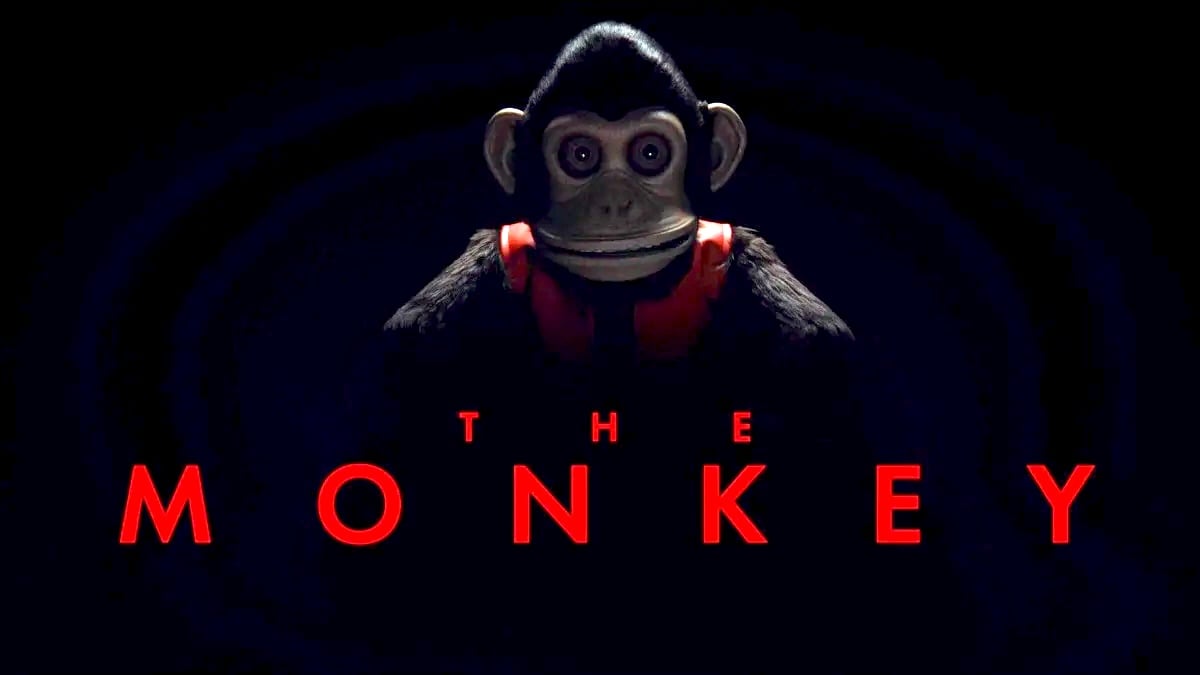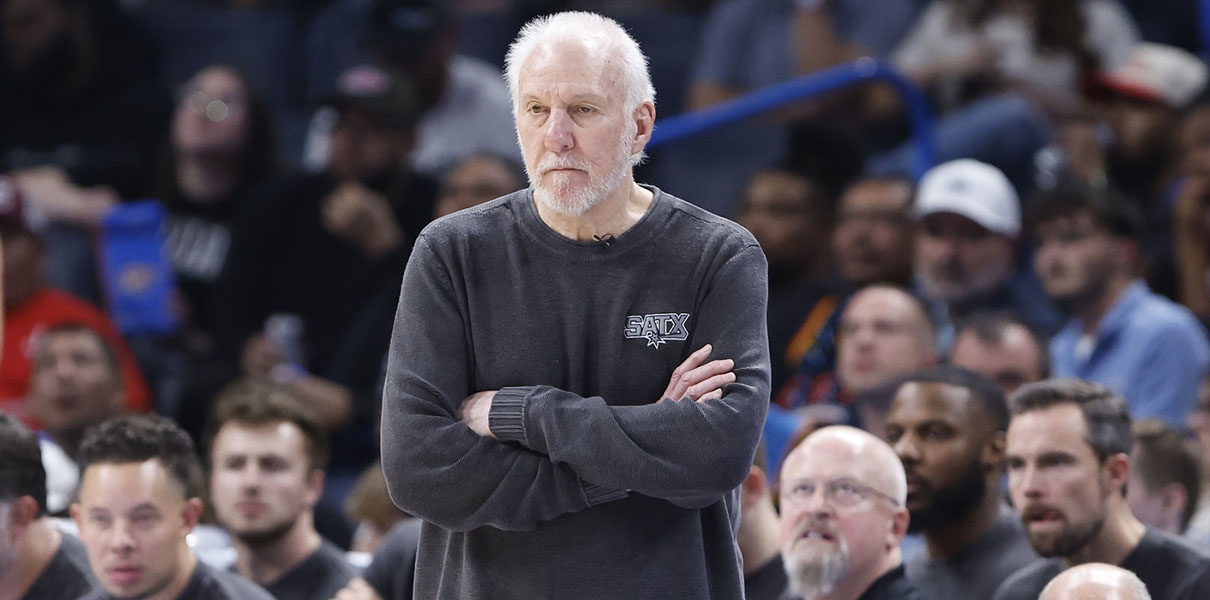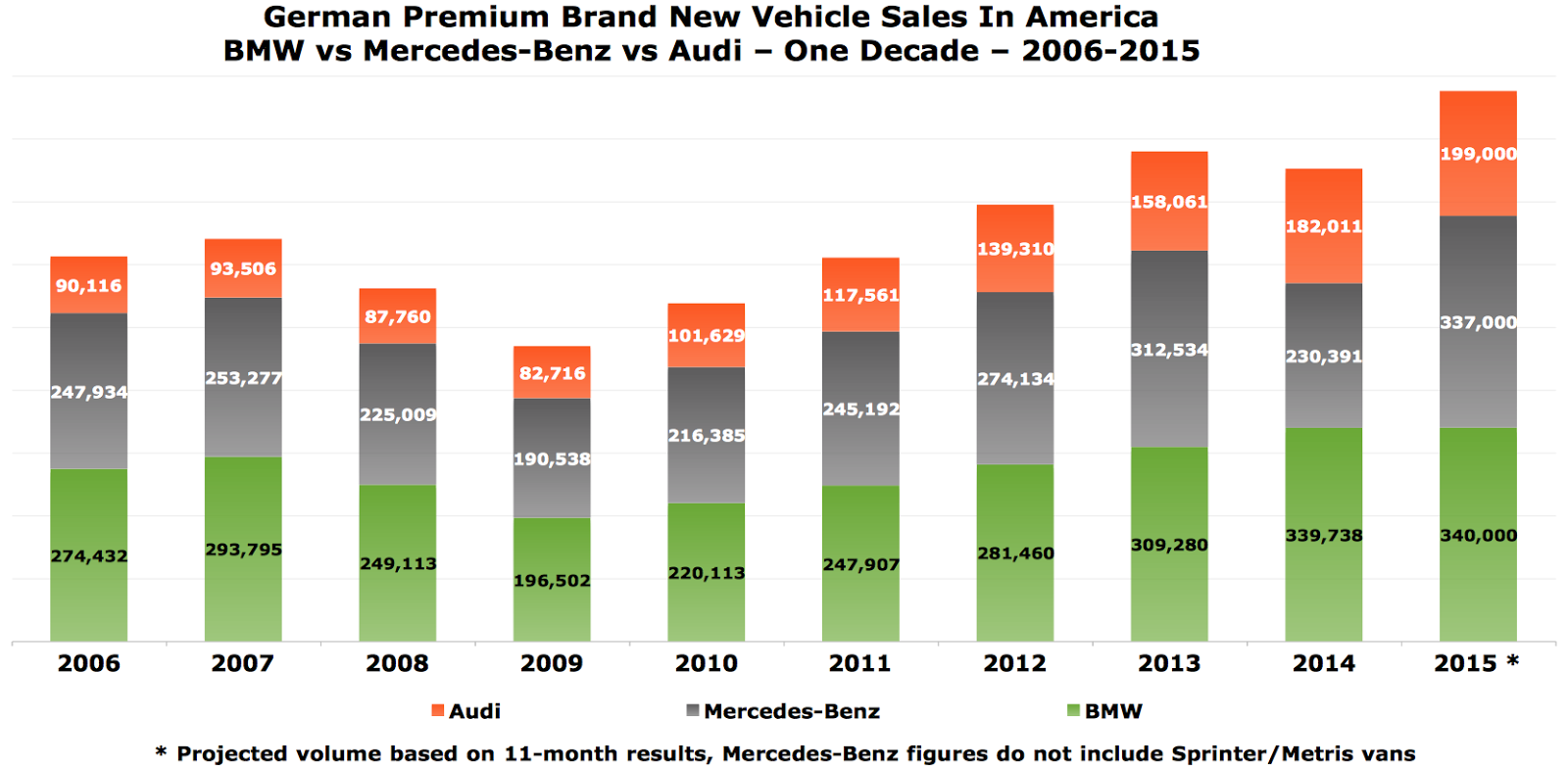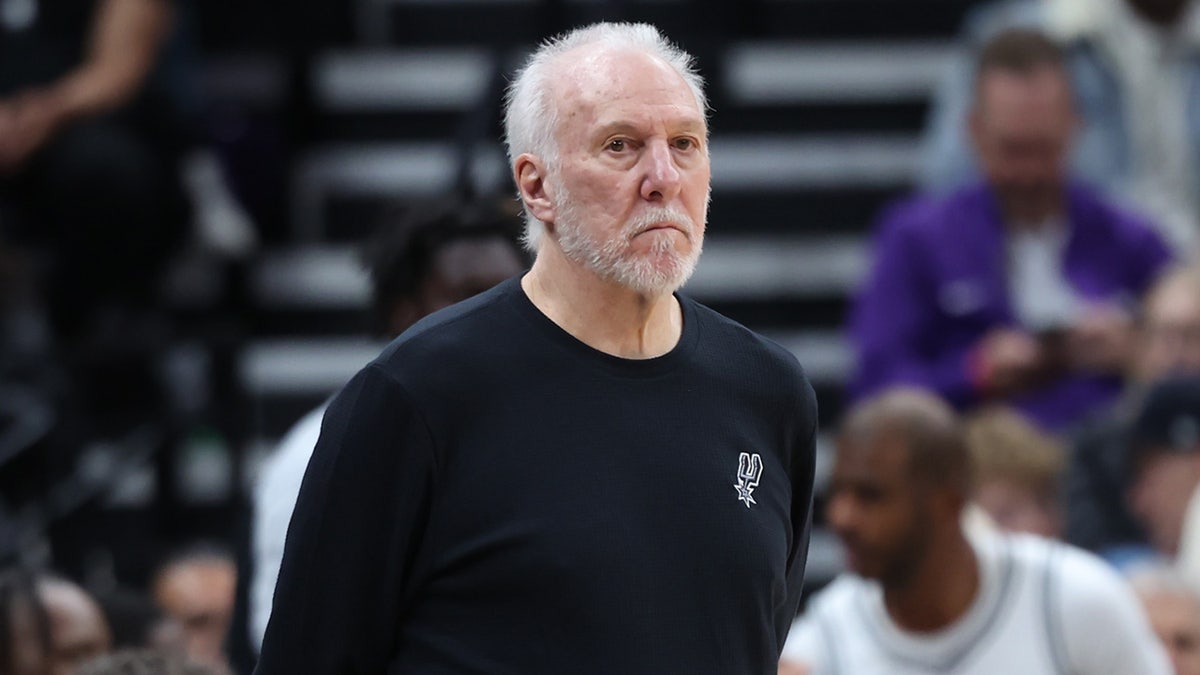"The Monkey" Movie: Will A Poor Adaptation Hurt Stephen King's 2025?

Table of Contents
The Potential for a Box Office Bomb
A poorly received "The Monkey" movie could have significant financial repercussions. Poor adaptations can severely damage a franchise's future profitability; a failure could dissuade studios from investing in future King adaptations. Negative reviews and word-of-mouth could significantly impact box office numbers, leading to substantial financial losses for the studio.
-
Past Successes and Failures: Looking at past Stephen King adaptations offers valuable insight. While films like The Shawshank Redemption and Stand By Me achieved both critical acclaim and box office success, others, like certain adaptations of The Dark Tower series, fell far short of expectations, impacting their financial return and potentially influencing future projects based on his work. The success of a film adaptation often hinges on a multitude of factors beyond just the source material.
-
Financial Risks: The financial risk associated with a poorly received "The Monkey" movie is substantial. A flop could not only lead to direct financial losses but also create a negative perception of future King adaptations, making studios hesitant to invest in similar projects. This chilling effect could significantly influence the landscape of Stephen King's cinematic future.
Impact on Stephen King's Brand and Legacy
Stephen King is a literary giant, and his brand is synonymous with horror. A bad movie adaptation of "The Monkey" could negatively impact this meticulously crafted brand.
-
Tarnished Image: A poorly executed film could tarnish the image of King's work among a broader audience, particularly those unfamiliar with his novels. Negative reviews and social media commentary can quickly spread, influencing public perception and potentially discouraging viewers from engaging with other King adaptations or even reading his books.
-
Impact on Book Sales: The success or failure of a film adaptation can often directly impact the sales of the source material. While a great movie can revitalize interest in the book, a bad one may conversely discourage potential readers, leading to decreased book sales and a diminished overall impact of his literary work.
-
King's Reputation: A failure could, unfortunately, slightly lessen the impact of King’s overall reputation as a masterful horror author, potentially impacting the perception of his future novels and stories. Conversely, a successful adaptation would significantly boost his brand, introducing his work to a new generation of fans and reinforcing his status as a literary icon.
Factors Contributing to a Successful (or Unsuccessful) Adaptation
The success of any film adaptation, particularly one based on a beloved novel like "The Monkey," depends on several crucial factors.
-
Screenplay Quality: A strong screenplay is paramount. It needs to faithfully capture the essence of the original story while also adapting it effectively for the screen. This requires understanding the thematic core of "The Monkey" and translating it into a compelling narrative that works within the visual medium.
-
Director's Vision: The director's vision and ability to translate the source material to the screen is critical. A director with a strong understanding of horror and King’s style will be essential to ensuring the film captures the atmosphere and tone of the original.
-
Casting Choices: Casting the right actors is vital, as the performances will largely shape the audience's reception. Choosing actors who embody the characters and capture the emotional depth of the story will significantly contribute to the film's success.
-
Marketing Strategy: Effective marketing is essential to generate excitement and anticipation for the film. A smart campaign can build audience interest and ensure that the movie reaches its target demographic.
The Unique Challenges of Adapting "The Monkey"
Adapting "The Monkey" to the screen presents unique challenges. The story's themes, tone, and central plot points will require careful consideration and creative solutions to translate effectively to the visual medium. For example, the ambiguity and psychological horror elements will need a clever visual approach to convey the same unsettling feeling and atmosphere that the book creates. The visual representation of the titular monkey and the implications of its power will be a crucial element of the adaptation process. The adaptation needs to capture the subtle, creeping dread of the original, something that is hard to achieve without a skillful approach.
Conclusion
The success or failure of "The Monkey" movie adaptation hinges on several critical factors, from the quality of the screenplay and directorial vision to the effectiveness of the marketing campaign. A poor adaptation carries significant risks, potentially impacting the financial success of future King projects and damaging his public image. However, a well-executed film could significantly boost King's legacy and brand even further.
Call to Action: Stay tuned for updates on "The Monkey" movie and keep an eye on how this adaptation will impact Stephen King's 2025 and beyond. Share your thoughts on the potential success or failure of this adaptation in the comments below – what are your hopes and fears for The Monkey movie?

Featured Posts
-
 Gregg Popovichs Health Speculation Mounts On His Nba Coaching Future
May 06, 2025
Gregg Popovichs Health Speculation Mounts On His Nba Coaching Future
May 06, 2025 -
 Luxury Car Sales In China A Deeper Look At The Bmw And Porsche Situation
May 06, 2025
Luxury Car Sales In China A Deeper Look At The Bmw And Porsche Situation
May 06, 2025 -
 Is Line Of Duty Returning Martin Compstons Latest Statement Explained
May 06, 2025
Is Line Of Duty Returning Martin Compstons Latest Statement Explained
May 06, 2025 -
 Where And When Diana Ross Symphonic Celebration 2025 Uk Tour
May 06, 2025
Where And When Diana Ross Symphonic Celebration 2025 Uk Tour
May 06, 2025 -
 Spurs Coach Gregg Popovich Espn Reports On Unlikely Season Return And Uncertain Future
May 06, 2025
Spurs Coach Gregg Popovich Espn Reports On Unlikely Season Return And Uncertain Future
May 06, 2025
